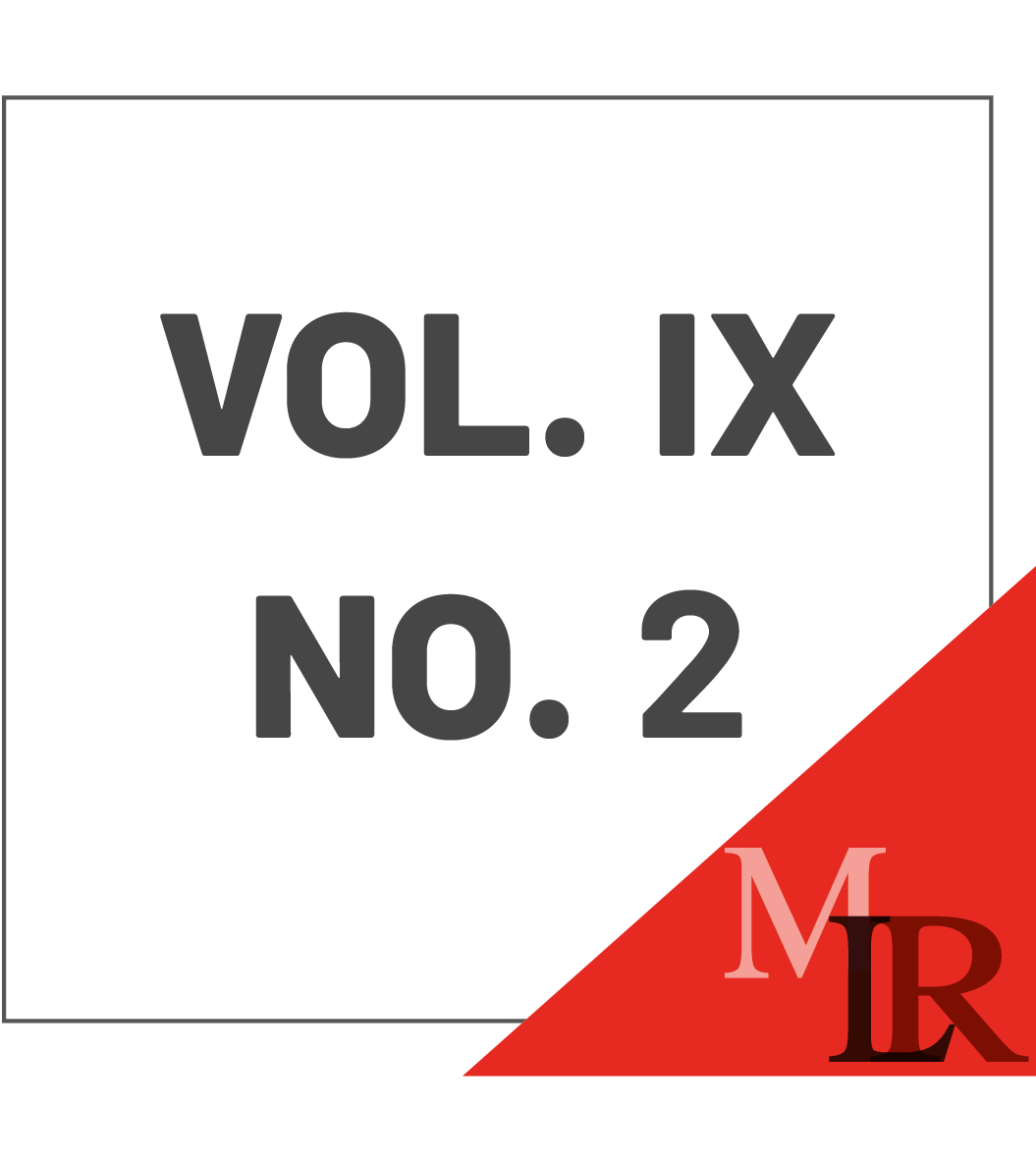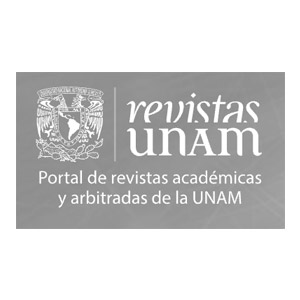The Cuban Regime After a Decade of Raúl Castro in Power
The leadership and ideology of the Cuban regime have changed since Raúl Castro came to power. Fidel Castro’s charismatic authority was replaced by a collegial arrangement, and the centrally planned economy has admitted market socialist features. The main argument of this article is that both changes are related as the decline of charisma increased the relative weight of performance-based legitimacy. Drawing on the literature of communist survival, I claim that Cuba has thus changed from a charismatic post-totalitarian regime to a maturing one –thus joining China and Vietnam in the same regimetype, although Cuba has not (yet) restored capitalism.
Resumen:
El liderazgo y la ideología del régimen cubano han cambiado desde que Raúl Castro llegó al poder. La autoridad carismática de Fidel Castro fue reemplazada por un acuerdo colegiado, y la economía de planificación centralizada ha adquirido características de un socialismo de mercado. El argumento principal de este artículo es que ambos cambios están relacionados ya que la disminución del carisma aumentó el peso relativo de la legitimidad basada en la actuación. Partiendo de la literatura de la supervivencia comunista, se sostiene que Cuba ha transitado de un régimen postotalitario carismático a uno maduro –uniéndose así a China y Vietnam en el mismo tipo de régimen, aunque Cuba no restablecido (todavía) el capitalismo.





























